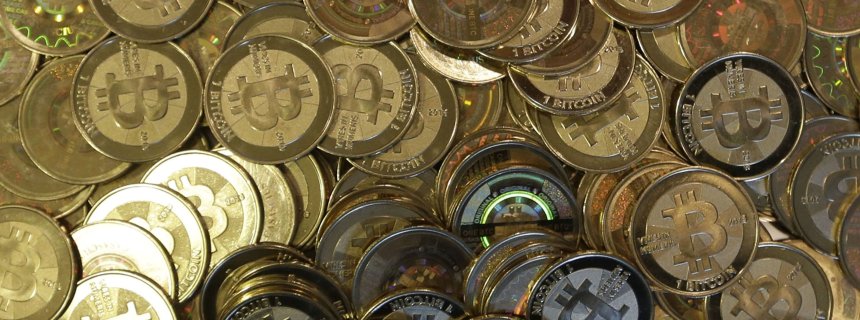Bitcoins have rapidly gained popularity, but what is the currency’s legal status? This week Germany revealed that it sees the virtual payment method as “private money,” but its tax status remains unclear.
The value of bitcoins has become widely accepted. The virtual, Internet-based currency can currently be traded in for about $120 each, according to Mt. Gox, a popular bitcoin exchange.
But now they are also gaining a legal footing — at least in Germany, where the Finance Ministry has declared bitcoins to be a “unit of account.” The designation stops well short of treating bitcoins as currency or even e-money, but it does classify the virtual currency as a kind of “private money.” This comes as a result of a parliamentary inquiry made by Frank Schäffler, a member of the Bundestag with the business-friendly Free Democrats, Chancellor Angela Merkel’s junior coalition partners.
Bitcoins have been in the headlines recently due to the massive volatility of their exchange rate. When they were first introduced in 2009, they were essentially worthless, trading for just five cents per bitcoin in July 2010. This year, however, they rocketed up in value to a high of $230 per bitcoin in April before plunging back to their current rate of exchange. Some have attributed the rise to concerns about the ongoing euro crisis in Europe.
Governments have been uncertain of how to approach the bitcoin, though. In late July, Thailand banned bitcoin transactions out of concern that the state could lose control over money flow. In the US, meanwhile, state officials in New York and federal officials recently opened an investigation into the virtual currency. The aim, according to a letter sent to financial regulators by the Senate Committee on Homeland Security, was to determine the “threats and risks related to virtual currency.” New York state has subpoenaed 22 companies involved with bitcoin transactions, according to The New York Times.
A First Step
The implications of Germany’s new designation remain uncertain. In June, the Finance Ministry declared that profits on bitcoin investments are tax free after a year. But now it appears that some transactions involving bitcoins could be taxed after all. A tax advisor told the Berlin-based daily Die Welt that VAT would only have to be paid by people who use bitcoins commercially.
Oliver Flaskämper, head of the leading German bitcoin market, bitcoin.de, told Die Welt that “from our perspective, our customers are engaged in private portfolio management from a tax point of few.” That would mean that transactions would be tax free.
Still, the question of how bitcoins should be taxed remains pertinent. Some 7,500 shops and restaurants worldwide accept payment by bitcoin, according to the site Bitpay.com. Ultimately, rules will have to be established for taxing transactions with those places of business. Germany has taken a first step.
Credit: spiegel.de





